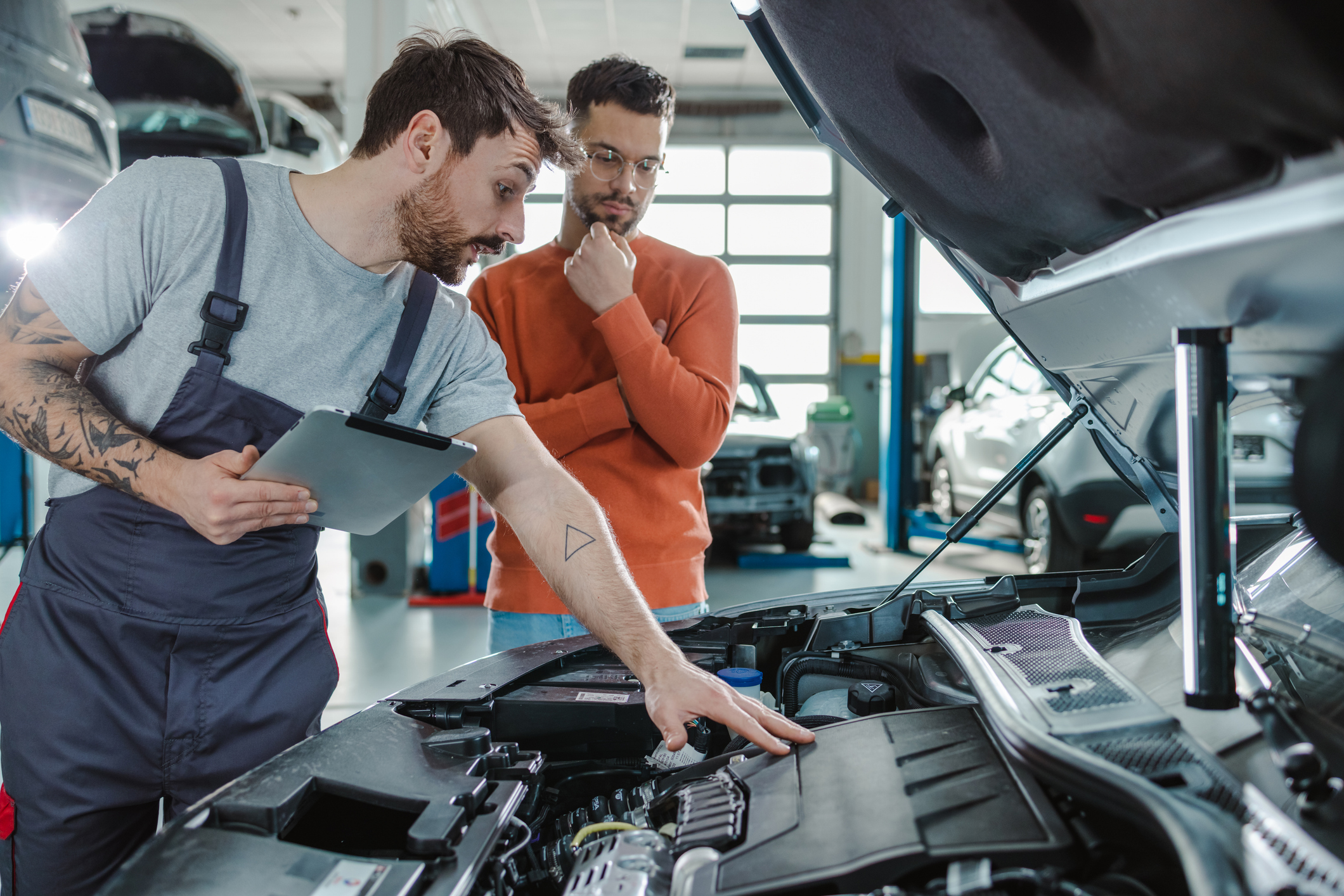The EV maintenance skills gap in the EU
Thursday 28th March 2024

By Jon Lawes, Managing Director, MHC Mobility
The EV industry in Europe is growing with a critical role to play in the continent’s transition strategy. Many member states have ambitious electric mobility targets; however, the transition is not without its challenges, from a persistent charging infrastructure imbalance to high vehicle costs.
Another significant, yet often overlooked issue, is the maintenance skills gap. Almost half of all vehicles on Europe’s roads today have an electric powertrain, and the share of battery-electric and other zero-emission vehicles is projected to rise to over 60% for cars, over 40% for vans, and close to 40% for heavy-duty vehicles by 2040. But as more EVs hit the roads, skilled technicians will be in high demand to help corporate fleets and private users alike navigate routine maintenance and vehicle repair.
The current EV skills gap is, therefore, a crucial pillar of the future EV ecosystem to give drivers confidence in the switch, and one that requires immediate attention.
The lay of the land
While EV adoption is generally making good progress, albeit with stark differences in electric vehicle uptake with CEE countries lagging behind counterparts in Northern Europe, the number of qualified EV professionals is lagging behind. Looking to neighbouring UK, the Institute of the Motor Industry is predicting that 77,000 EV-qualified technicians will be required by 2030, increasing to 89,000 in 2032. But the current uptake is slower than predicted, leading to a potential 16,000 technician shortfall by 2032.
Meanwhile a study by PwC cautions that, as Europe gradually adopts an exclusively EV fleet, 84% of the current 600,000 internal combustion engine (ICE) powertrain jobs will become outdated, with over 200,000 new job opportunities in EV powertrains.
This is creating a big headache for both the automotive sector and drivers. Despite having far fewer moving parts than ICE vehicles, EVs have complex electrical systems and battery technology that calls for specialist knowledge and skills to correctly service and maintain. The major consideration is a process of safe isolation and deactivation of the battery pack, and concerns around high-voltage systems call for rigorous training.
Meanwhile, servicing, repairing, and maintaining battery or the high-voltage systems sometimes involves plugging in the car's computer and analysing data, rather than getting under the bonnet. This is a significant shift in skill requirements and one that poses a big challenge for the EV transition.
Back to school
Focused action is required to bridge the EV maintenance skills gap at scale, bringing it in line with the accelerated development of EV technologies.
Vocational training programmes can equip workers with the necessary skills, upskilling and reskilling them for the EV transition. Meanwhile, partnerships between industry and academic institutions can help ensure training is relevant and up to date. Investing in the top-tier training of technicians signifies a complete dedication to providing operators, current EV owners, and potential switchers with the assurance they need associated with service, maintenance and repair provisions.
However, when it comes to government policy, more reform is needed to provide incentives for individuals to pursue careers in EV maintenance and for businesses to invest in training.
The European Green Deal is enhancing the skill set of automotive industry workers, and the launch of the European Battery Academy ensures access to quality battery training across member states. This initiative, part of the EU’s Skills Agenda, is poised to meet the demand for re-skilling or up-skilling 800,000 workers in the battery industry by 2025. However, for the most part, the focus remains on manufacturing and design, rather than EV maintenance down the track, so policymakers must start taking a longer-term view.
Finally, it is important to think beyond traditional training programmes and focus on fostering a culture of innovation and continuous learning, encouraging the current workforce to embrace new technologies and acquire new skills continually.
Looking at the bigger picture
Building Europe’s capacity to service and maintain its growing EV fleet will be a crucial component of the transport ecosystem and help create confidence in the switch. Policymakers are understandably focusing on firming up Europe’s battery technology supply chain, but upskilling technicians needs to begin now to meet demand in the future.
None of these solutions, vital to Europe’s green ambitions, can be implemented in isolation. Policymakers, educators, and industry leaders must collaborate across the continent, leaving no member states behind.
References
https://www.carbonbrief.org/qa-european-commission-calls-for-90-cut-in-eu-emissions-by-2040/
https://www.rics.org/news-insights/eu-commissions-ambitious-roadmap-towards-2040-climate-target
https://eur-lex.europa.eu/legal-content/EN/TXT/?uri=COM%3A2024%3A63%3AFIN
https://www.wardsauto.com/industry-news/switch-electric-vehicles-disrupting-workforces-worldwide


